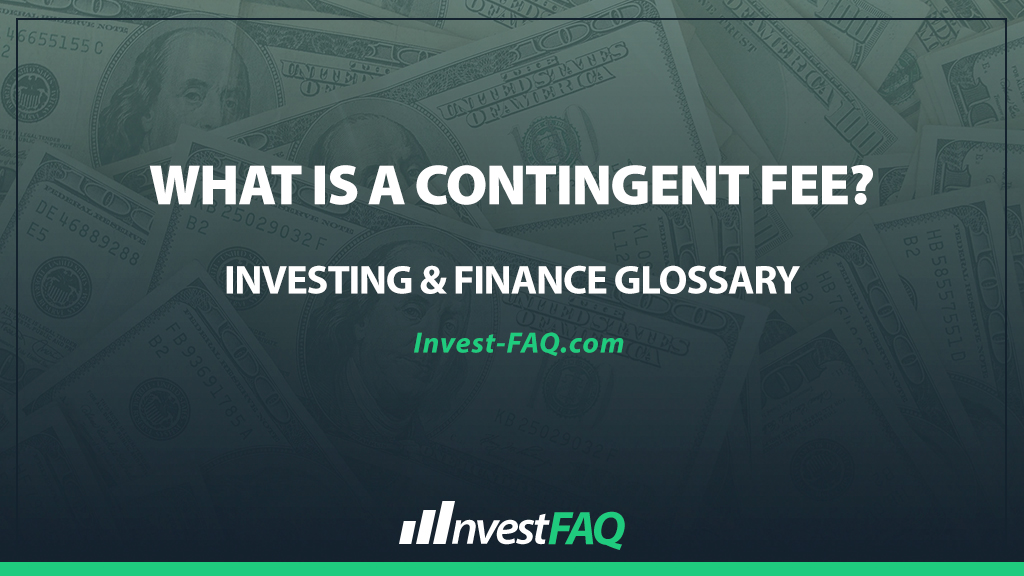
Contingent Insurance
Contents
Contingent insurance is a type of insurance policy that provides coverage for losses or damages dependent on certain conditions or events occurring. It acts as a safeguard for businesses against risks that are contingent upon specific circumstances, often related to third-party services or activities.
In the business world, contingent insurance is particularly useful in scenarios where a company depends on another party for the delivery of services or goods, but that party may not have adequate insurance coverage.
This insurance helps protect against losses that arise from the third party’s failure to perform or deliver as expected, such as transportation, supply chain disruptions, or contractor errors.
Example of a Contingent Insurance
“Fine Foods Distributors,” a food distribution company, relies on “Fast Transport LLC” for shipping its products nationwide. Fine Foods purchases contingent insurance to cover potential losses if Fast Transport fails to deliver goods due to accidents, insolvency, or other liabilities that Fast Transport’s insurance might not fully cover.
Policy Cost: $10,000 annual premium
Covered Event: Loss of goods valued at $200,000 during transit due to Fast Transport’s truck accident
Insurance Claim: $200,000
Accounting Treatment: Fine Foods records the $10,000 premium as an insurance expense. Upon the occurrence of the covered event, the $200,000 claim received offsets the loss of goods, affecting the company’s income statement by reducing the potential gross loss.
In this scenario, contingent insurance provides Fine Foods with financial protection against losses caused by failures in their supply chain that are beyond their direct control.
The $10,000 annual premium is considered an operating expense, reflective of the cost to mitigate specific operational risks. When the covered event occurs, the insurance claim proceeds of $200,000 help to neutralize the financial impact of the lost goods on Fine Foods’ financial performance, ensuring that an unexpected event does not significantly harm the company’s profitability or cash flow.
Significance for Investing & Finance
Contingent insurance plays a significant role in accounting and financial management for several reasons:
Risk Mitigation: It allows businesses to proactively manage and mitigate risks associated with third-party dependencies.
Financial Stability: By providing a financial safety net, contingent insurance helps maintain financial stability in the face of potential losses, ensuring that unexpected events do not drastically impact a company’s financial health.
Expense Recognition: Premium payments for contingent insurance are recognized as expenses, which must be accounted for accurately to reflect the company’s operational costs and profit margins.
Asset Protection: This insurance contributes to protecting the company’s assets, ensuring that losses can be recovered without depleting the company’s resources, thus maintaining the asset base reported on the balance sheet.
In summary, contingent insurance is a strategic tool for businesses to safeguard against the financial risks associated with third-party dependencies.
It allows companies to mitigate potential losses, ensuring that their financial statements accurately reflect their operational risk management strategies and maintain stability in their financial performance.
FAQ
What is contingent insurance and who does it primarily protect?
Contingent insurance provides coverage for losses that occur due to the actions or failures of a third party, primarily protecting businesses that might be indirectly affected by these events.
How does contingent insurance differ from standard liability insurance?
While standard liability insurance covers direct liabilities of the insured party, contingent insurance covers losses that the insured incurs as a result of a third party’s actions or negligence, not directly related to the insured’s own actions.
Can contingent insurance be used in the context of supply chain management?
Yes, in supply chain management, contingent insurance can protect a company against losses resulting from supply chain disruptions, such as a key supplier failing to deliver goods or services on time.
What factors should a business consider when determining the need for contingent insurance?
A business should consider its level of exposure to third-party risks, the potential financial impact of these risks, and the reliability of its partners and suppliers when determining the need for contingent insurance.
